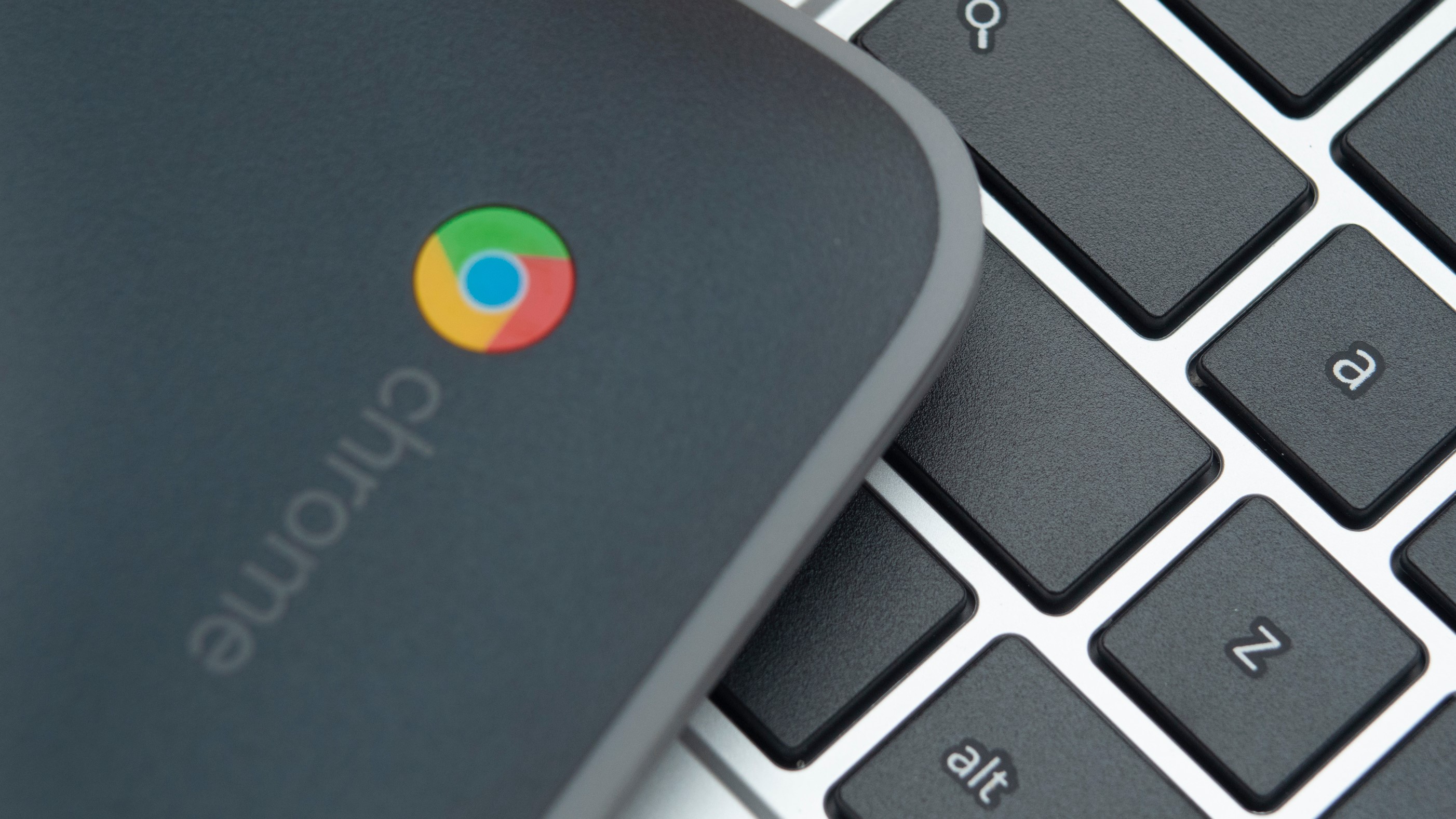The latest Chromebook update could make passwords obsolete

Google announced on January 26 that Chromebooks will be getting some new features thanks to the recently released Chrome OS 88 update. Not only will signing into devices and websites be faster, but you can also expect to personalize lock screens going forward.
- Should you buy a Chromebook?
- We've put together a list of the best laptops for students
- And we've highlighted the best cheap Chromebook deals
The latest sign-in feature is thanks to WebAuth, Google's Web Authentication that was rolled out across Android devices back in 2019. Chromebooks users will be able to sign into websites that support WebAuth without needed site-specific passwords, and can instead opt to use the fingerprint (if your device has a scanner) or PIN that is used to access your device. These websites should provide a pop up to notify you if WebAuth is a supported option.
You'll also be able to use your PIN or fingerprint as part of your two-step verification process, which will eliminate the need for security keys or authentication software on other devices. These new features should speed up web browsing and sign-in experiences, eliminating the need for site-specific passwords and security.
You can now also personalize your Chromebook lock screen and display information like the current weather. The smart display feature will also tell you what music is currently playing on the device when locked and allow you to pause or skip tracks without having to unlock your Chromebook first.
You can use your Google Photo album for images, or use the art gallery to update the existing lock screen background. If you want to try this yourself, head over to your Chrome OS Settings menu and select 'Personalization' to view screensaver options.
- These are the best Chromebooks out there
Via MS Poweruser
Sign up for breaking news, reviews, opinion, top tech deals, and more.

Jess is a former TechRadar Computing writer, where she covered all aspects of Mac and PC hardware, including PC gaming and peripherals. She has been interviewed as an industry expert for the BBC, and while her educational background was in prosthetics and model-making, her true love is in tech and she has built numerous desktop computers over the last 10 years for gaming and content creation. Jess is now a journalist at The Verge.